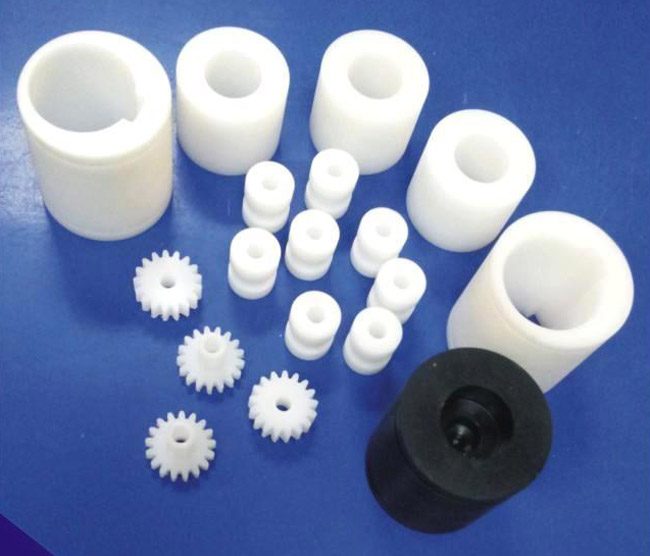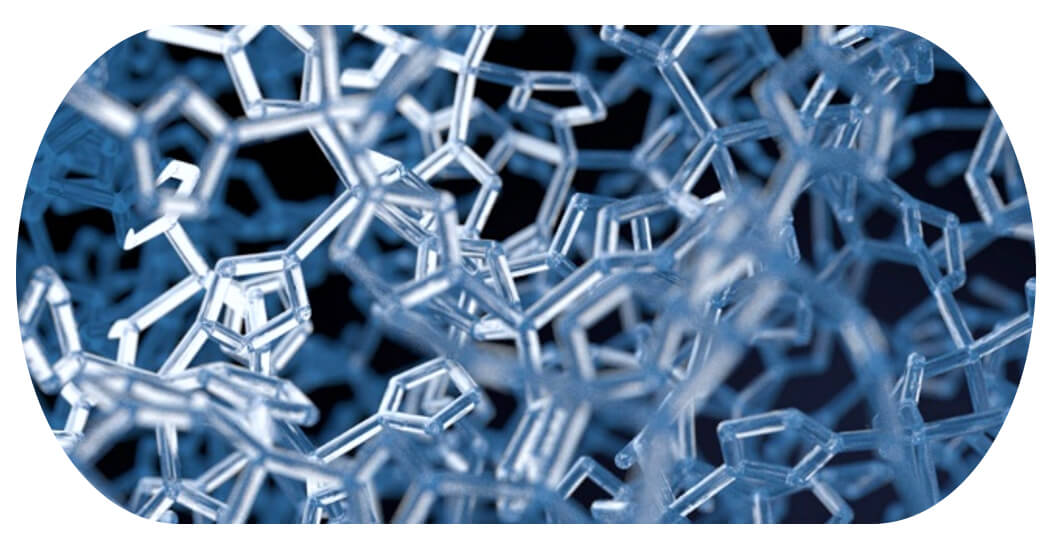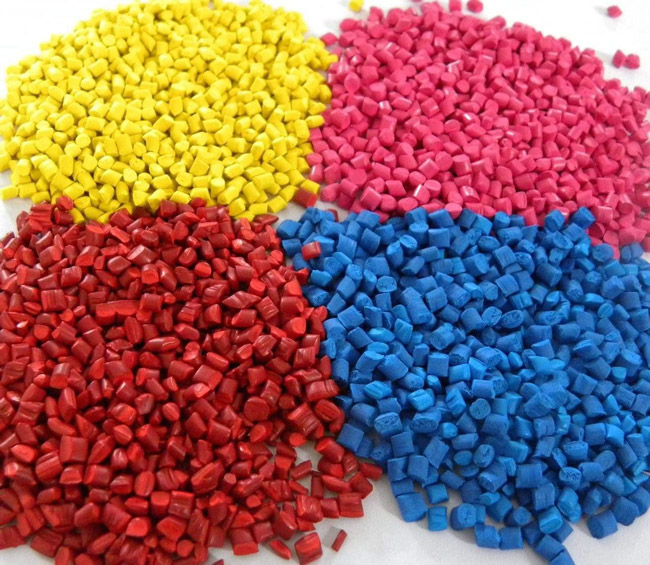Overview.
Product Name: Dibutyltin oxide (excellent pure) 818-08-6
Alias: FASCAT4201 catalyst, dibutyltin oxide, dibutyltin oxide, dibutyltin oxide, dibutyltin oxide, dibutyltin oxide, dibutyltin chloride, dibutyltin oxide, dibutyltin oxide, dibutyltin oxide, dibutyltin oxide, dibutyltin oxide, dibutyltin oxide, dibutyltin oxide, dibutyltin oxide, dibutyltin oxide, dibutyltin oxide
English Name: Dibutyltin oxide, DIBUTYLOXOSTANNANE, DIBUTYLOXOTIN, DIBUTYLTIN(IV) OXIDE, DIBUTYLTIN OXIDE, DI-N-BUTYLTIN OXIDE, Dbot, Dbto, Dibutyloxideoftin dibutyloxo-stannan, dibutyloxo-ti, dibutylstannaneoxide, dibutylstanniumoxide, dibutyltinmonoxide, dibutyl-tioxide, di-n butylslannicoxide, di-n-butyl-zinn-oxyd, di-n-dibutyltin, di-n-dibutyltinoxide, kyslicnikdi-n-butylcinicity, Stannane,dibutyloxo

Dibutyltin oxide Dibutyltin oxide CAS 818-08-6 Dibutyltin oxide Dibutyltin oxide
Product Code: DBTO-GR
Synonyms: Dibutyloxotin
Molecular formula: C8H18OSn
Molecular weight: 248.94
CAS Registry Number: 818-08-6
EINECS: 212-449-1
InChI: 1S/2C4H9.O.Sn/c2*1-3-4-2;;/h2*1,3-4H2,2H3;;
Dibutyltin oxide Dibutyltin oxide CAS 818-08-6 Dibutyltin oxide Dibutyltin oxide
Basic information.
1. English name: Dibutyltin Oxide
2.CAS No.: 818-08-6
3. Molecular formula: C8H18OSn
Safety information
Safety instructions: S24/25: Protect from skin and eye contact.
Hazardous material symbol: TT: Toxic substance
Hazardous category code: R25: Toxic if swallowed.
hazmat transport number: un3146
msds report: dibutyltin oxide msds report
Uses.
White or slightly yellow powder, insoluble in water and most organic solvents, but may dissolve in reactions with organic acids, alcohols and esters
White powder with special fragrance, insoluble in water and most organic solvents, soluble in strong bases and mineral acids
Used in the synthesis of saturated polyesters for powder coatings, coil (steel) coatings, insulating paints, etc.; used in the synthesis of unsaturated polyesters; used in PBT
Synthesis of engineering resins and other esterification and ester exchange reaction products
Used as a raw material for plastic stabilizer, it can be used to synthesize a series of organotin products of lauric acid type, maleic acid type and thiol type; used in the synthesis of paint, medicine, petrochemical industry or as a catalyst
Storage and transport.
It should be stored in a sealed, dry, cool and ventilated warehouse
Packaging.
200KG/drum Storage: It is recommended to store in a dry and cool area with proper ventilation. Please fasten the lid as soon as possible after original packaging to prevent the mixing of other substances such as moisture from affecting the performance of the product. Store in a cool, dry place, keep the container sealed and avoid contact with oxides. Do not breathe dust and avoid contact with skin and mucous membranes. No smoking, eating or drinking in the workplace. Shower and change clothes after work. Store contaminated clothing separately and wash before use. Maintain good hygiene practices.




















Comments